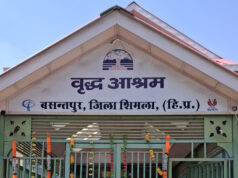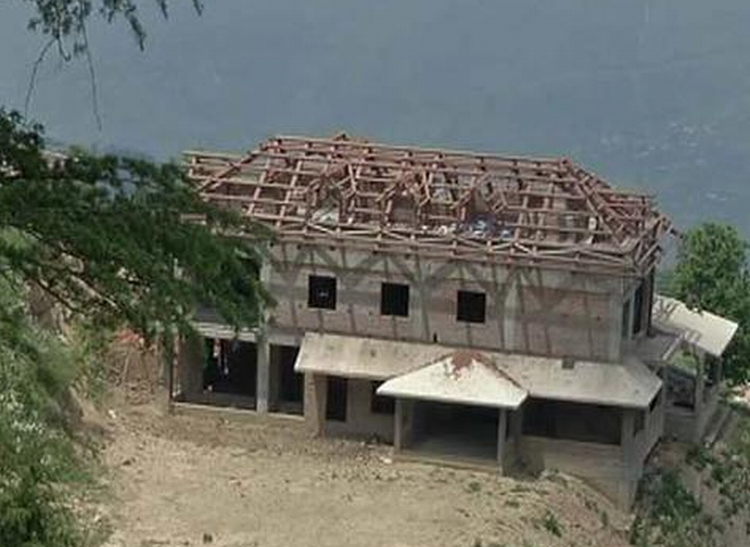The Vishwa Hindu Parishad (VHP) has called for the repeal of the Waqf Act, accusing the law of fostering property disputes and enabling Muslim appeasement. The organization is urging the Central Government to introduce new legislation that addresses the unchecked expansion of Waqf properties, which have reportedly grown from 4 lakh acres in 1995 to over 9 lakh acres today.
During a recent webinar organized by Umang Foundation, VHP’s leader Tushar Dogra, outlined the organization’s concerns over the 1995 amendments to the Waqf Act of 1954, which he described as “dangerous” and designed to allow the Waqf Board to seize government and private properties without providing proof of ownership. Dogra highlighted several controversial cases, including the Waqf Board’s claim on the Taj Mahal, which is currently under legal review in the Supreme Court, and other properties like Ramlila Maidan in Bengaluru and a Municipal Corporation building in Surat.
“The Waqf Board has been granted excessive powers through the current law, which allows them to claim property without any documentary proof. It is the property owner who is forced to defend their ownership, while cases are taken to the Waqf Tribunal rather than civil courts,” said Dogra during the event, which was chaired by Professor Arun Singh of Himachal Pradesh University.
Dogra further noted that despite the government’s introduction of 44 proposed amendments to the law, they would not resolve the fundamental issues. He argued that a full repeal of the Waqf Act is necessary to protect public and private property rights.
Professor Arun Singh echoed these sentiments, stating that the law has negatively impacted social and communal harmony in India due to the political motives of appeasement. He supported the VHP’s call for a new Waqf Act, urging the government to bring the matter before Parliament for reform.
The VHP’s demands come amid broader national concerns about the Waqf Board’s influence, which, after the Ministry of Defense and Indian Railways, controls one of the largest land portfolios in the country. The organization claims that the law has been exploited to further land claims by the Waqf Board on various government properties, hindering development and causing disputes.
The debate over the Waqf Act continues to stir controversy, with critics arguing that the law disproportionately favours one religious group, while others call for more balanced reforms that safeguard both public and private interests.














